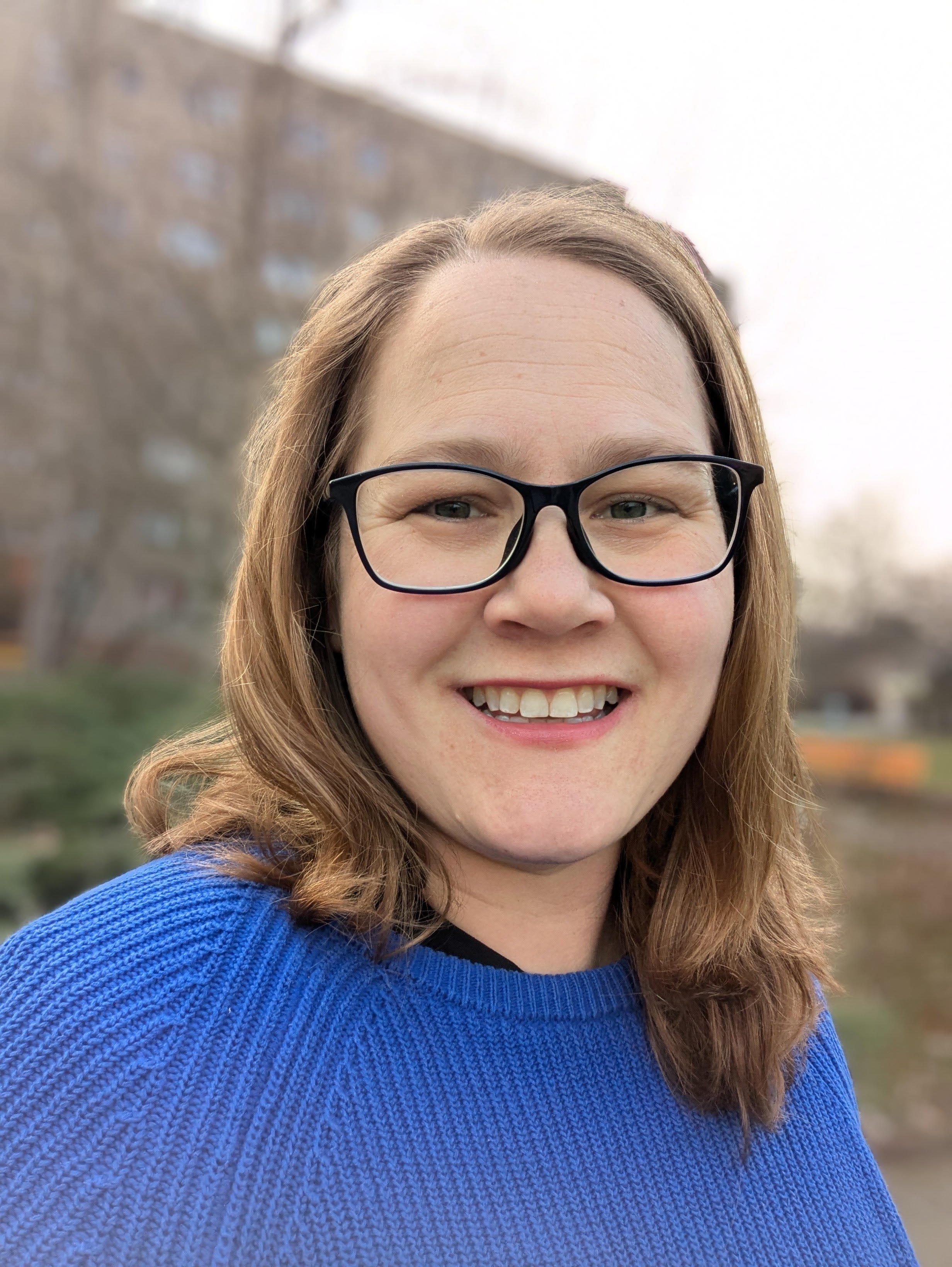Common Gardens: Drivers and implications of biodiversity in cities
Wednesday, October 15 at 5:30 p.m. ET
Elsa Anderson, Ph.D., Instructor, Center for Wildlife Studies.
Presentation Summary
Cities are critical frontiers for conservation in our modern world. Urban green spaces, including backyards, parks, vacant lots, and managed natural areas can host surprising biodiversity, and these communities are shaped not only by environmental conditions but also by social and cultural choices over time. These interacting social and ecological processes create diverse and heterogenous urban landscapes where myriad opportunities exist for building nature awareness, ecological connection, and pro-environmental behaviors.
In this presentation, Dr. Elsa Anderson will explore why cities matter for global biodiversity, how human access to and connections with urban nature influence health and conservation outcomes, and what research reveals about the social drivers of biodiversity in urban landscapes. By situating cities at the crux of environmental work, Dr. Anderson argues that understanding and fostering urban biodiversity is not just an ecological concern, but also a social one essential for cultivating healthier, resilient, and sustainable futures for people and for wildlife.
Looking to Learn More?
Check out Dr. Anderson’s course on Wildlife Research in Human-dominated Landscapes here.
Presenter Bio
Elsa is an urban ecologist who specializes in the social-ecological overlaps of human activities and ecological form and function in cities. She uses a mix of field sampling, GIS, and social-ecological synthesis science to assess distributions and changes in biodiversity patterns in urban areas. Currently, much of Elsa's work is focused on building capacity for environmental groups to improve biodiversity, nature access, and environmental outreach in their communities. She co-generates ecological research and leads workshops with local leaders that help fill community -identified knowledge gaps to advocate for healthy and accessible environments for people and wildlife.
Elsa is currently based at Northwestern University in Evanston, IL, and has a long history of research and teaching in the Chicago region. She is an affiliate scientist and a former postdoctoral researcher at the Chicago Botanic Garden and earned her Master's at DePaul University and her PhD at the University of Illinois at Chicago. After completing her graduate work, Elsa spent 10 months in Berlin, Germany, on a Fulbright fellowship where she examined forest community structure and turnover in areas divided by the Berlin wall in the 20th century. She then completed a postdoctoral fellowship at the Cary Institute for Ecosystem Studies in Millbrook, NY, working with long-term ecological research as part of the Baltimore Ecosystem Study.


